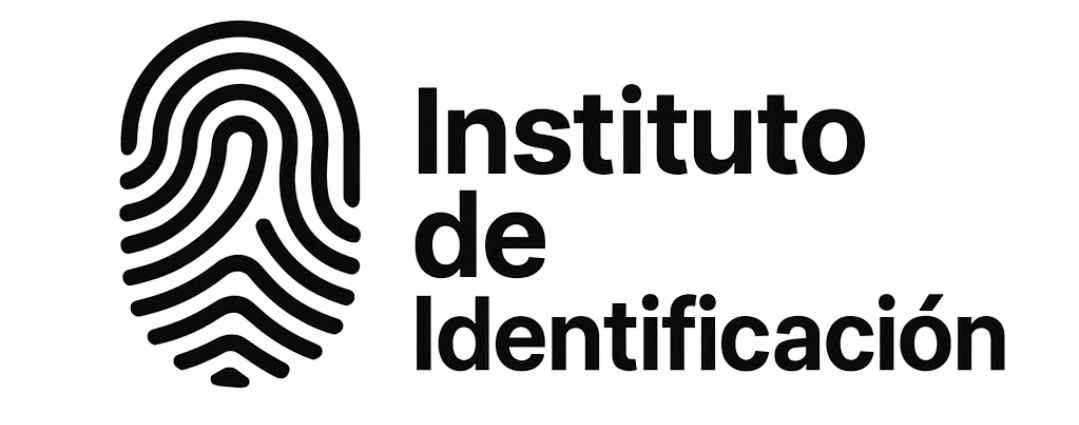For a student in Canada, choosing a first credit card is a significant step on the journey to financial independence.
However, the sheer number of options can make this decision confusing. A credit card, when used correctly, is more than just a payment tool—it’s the foundation for building a solid financial future.
This guide was created to demystify the process, helping you choose a card that not only meets your needs but also offers clear benefits and helps you build a good credit history from the start.
What you will learn in this guide:
- Why a credit card is a valuable tool for students.
- The best cards for students: easy to get approved for and with low fees.
- How to manage your card responsibly while studying.
- Tips for building your credit history from scratch.
- Common mistakes every student should avoid.
Why Should Every Student Consider a Credit Card?
Many students hesitate to get a credit card for fear of debt. However, with conscious use, it becomes a powerful ally. Here are the main benefits:
- Credit Building: A good credit history is essential for the future, whether for renting an apartment, financing a car, or getting better loan rates.
- Financial Education in Practice: Managing a card teaches you about budgeting, spending control, and the importance of paying bills on time.
- Emergency Safety Net: It provides a financial safety net for unexpected expenses.
- Convenience and Protection: It’s safer and more practical than carrying cash, and it offers fraud protection.
The Best Credit Cards for Students in Canada
A good student card should have an easy approval process, zero or low annual fees, and useful benefits. Here are some of the most recommended options:
- Scotiabank SCENE Visa: With no annual fee, it’s perfect for movie lovers, offering points that can be redeemed for tickets and other entertainment.
- BMO CashBack Mastercard for Students: Offers cashback on everyday purchases without an annual fee, ideal for routine expenses.
- Tangerine Money-Back Credit Card: Allows you to choose two categories to receive 2% cashback, adapting to your main expenses, and has no annual fee.
- CIBC Dividend Visa for Students: Focused on savings, it offers cashback on groceries and gas, also with no annual fee.
How to Use Your Credit Card Responsibly
The way you manage your card during college will define your future financial habits. Follow these tips:
- Pay the Bill in Full: Whenever possible, pay the full balance to avoid interest. Treat the card as a substitute for cash, not an extension of your income.
- Keep Your Usage Low: Try not to use more than 30% of your credit limit. This demonstrates control and is positive for your credit score.
- Create a Simple Budget: Know where your money is going. This prevents impulse spending and ensures you can cover your bill.
- Monitor Your Transactions: Check your statement regularly to identify incorrect charges or suspicious activity.
Building Your Credit History from Scratch
Starting on the right foot is crucial. If you have no credit history, follow these steps:
- Apply for a Student Card: They are designed for beginners and have more flexible approval criteria.
- Become an Authorized User: Being added to a parent’s credit card can help build your history, as long as the primary cardholder has good payment habits.
- Consider a Secured Credit Card: If you have trouble getting approved, a secured card requires a security deposit and is an excellent way to prove your financial responsibility.
Mistakes to Avoid as a New Cardholder
The world of credit can have pitfalls. Be careful not to make these common mistakes:
- Overspending: It’s easy to lose track. Remember that your credit limit is not money you own.
- Making Only the Minimum Payment: This can lead to a snowball of interest. Pay as much as you can, always aiming for the full amount.
- Making Late Payments: Late payments, even by a few days, hurt your credit score and result in fees.
- Ignoring the Terms and Conditions: Understand the interest rates, annual fee (if any), and other charges on your card.
Conclusion
By understanding how to choose and manage a student credit card, you are taking a fundamental step toward a healthy and independent financial life. The lessons learned now—about budgeting, timely payments, and responsible credit use—will serve as the foundation for all your future financial decisions. With the knowledge from this guide, you are ready to use this tool to your advantage, building a solid financial future while enjoying the benefits a good card can offer.
